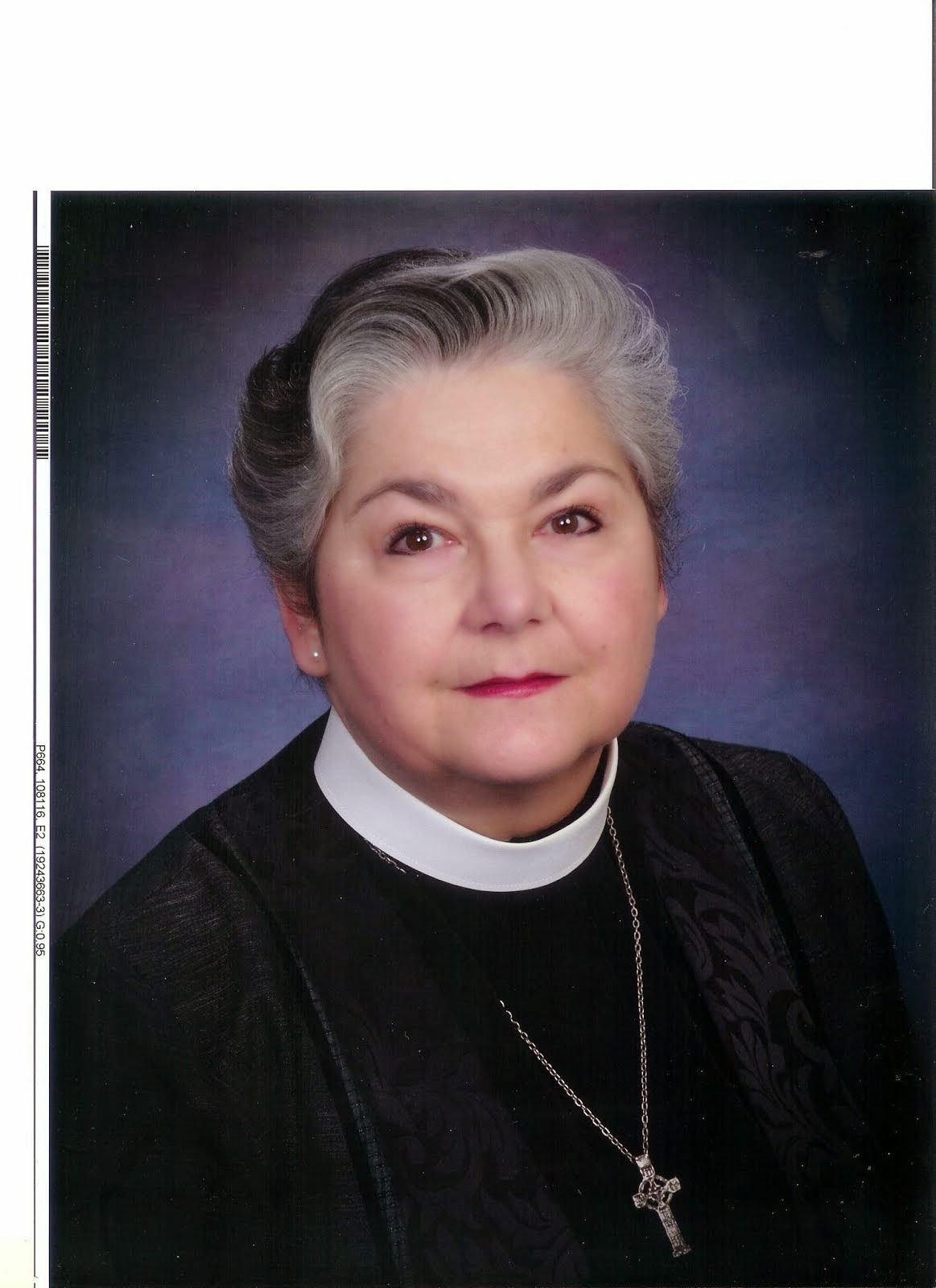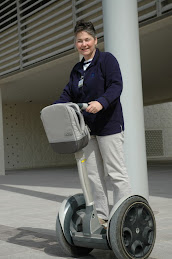Family meals. They can be transformative experiences, can’t they?
Many years ago, I hosted a Thanksgiving dinner for my extended family. This included my mother, who was a formidable woman with strong opinions about everything, and my mother-in-law, who was equally formidable and had equally strong opinions. Although such a big-family Thanksgiving meal was traditional, frankly I dreaded it, because I feared I’d be caught in between these two women, both of whom I wanted to please. All this in the midst of cooking a meal for thirty or so people.
I did the usual massive grocery buying and stuffed every corner of the refrigerator with the supplies for the feast. And I arose early on Thanksgiving morning, and realized that I was sick. Dreadfully, awfully, nastily sick, with some sort of flu. Perhaps it was a wee bit psychosomatic, more likely something that the kids brought home from school. And it was eight in the morning, and I was standing at the kitchen sink wrestling the innards out of the defrosted twenty-eight pound turkey, weeping silently because I was so miserable. I knew I had to get the stuffing prepared and into the bird, and the bird into the oven, if we were going to have the meal at the right time. I was not feeling particularly thankful.
I could hear my mother talking to the kids out on the back porch. She was drinking coffee and smoking the ubiquitous cigarette – she never quite forgave me for making her smoke outside – and then I heard the creak of the chair as she rose to come into the kitchen and refill her coffee cup. She wandered in, nearly bumping into my mother-in-law, who was coming into the kitchen from the living room with the same agenda, another cup of coffee, and saw me at the sink.
“What’s wrong with you? Why are you crying?”
I blubbered, “I’m sick with the flu, and this bird is enormous, and I’m never going to get it stuffed and into the oven on time, and…” …and I dissolved into another fit of tears.
“Oh, for heaven’s sake, move over. I’ll do it,” she said.
My mother-in-law, who did NOT get along with my mother at all, stood to one side, head cocked, and then said, “Yes, go back to bed. Your mother and I will get the dinner on the table. Take some tea upstairs with you and go back to bed, and we will take care of this. Between the two of us, we’ve put many a Thanksgiving meal on the table, haven’t we, Ann?” And my mother growled her agreement.
And I went up to bed. I half expected that I would hear arguments and slamming of doors and pots from the kitchen which was right below my bedroom, but I heard nothing. And so I dozed off, and awake several hours later feeling somewhat better. What was that I smelled? Roasting turkey, vegetables, pie, the coffee maker continuing to perk away.
I washed my face and dressed and came downstairs to the meal just about ready to put on the beautifully set table (my mother-in-law was famous for setting a pretty table). The two women were sitting at the kitchen table, having yet another cup of coffee, and they smiled as they saw me come down the stairs. “Feel better?” they chorused. “We’ve got it all under control. Just call the children inside and we’ll be ready to serve.”
You would have thought that they were friends of decades’ duration. But they were not. They still didn’t particularly like one another or agree about things. But they came together, and we had a meal that was a particularly poignant gift, since one of them would be dead by the next Thanksgiving.
They were transformed, at least briefly, by the need to share a meal full of love and care.
On this evening, we too share such a meal. It is Maundy Thursday, traditionally thought of as the time when Jesus instituted the meal which we are about to celebrate, the Lord’s Supper, as a part of the Passover celebration.
Who knows if Mary and Martha, those notoriously feuding sisters, had made the food, or if it was a catered affair? Who knows if the disciples knew that this might be their last meal with the Lord, despite all his comments in the time before this night? Who knows if Judas knew that Jesus would mention what was going to happen next?
What we do know is that they came together as a family – a sometimes tense and argumentative family, but a family nonetheless – to share a meal over which their beloved teacher and Lord would preside. The disciples were surprised that Jesus decided to wash their feet, a sign of humility and service, as a part of the meal. It seemed out of the right order of things to them, but he did it for a reason – to teach them once again that the work they did together was not about who was the leader and who was the follower, but that they all should do it for each other, just as they should continue to share meals together, no matter what happened. That they should follow his lead and love and serve each other just as he was, putting aside rivalries and struggles as to what they should do next.
Just as my mother and my mother-in-law stepped out of the natural order of our Thanksgiving meal – that I as the host would prepare it – so too did Jesus step out of the natural order by washing the feet of his disciples at the meal. Just as I relinquished control of my kitchen, so too did Jesus relinquish control by kneeling before these disciples.
Family meals have the power to do that. They have the power to shake us up, to give us the opportunity to show the best of ourselves, to put aside the things that are irrelevant so that the important things are attended to, in love and in life.
I did not know that my mother-in-law was in the early stages of cancer that weekend, that she would go home to God within the year, just as the disciples did not understand what Jesus was telling them, that he would die soon. If I had, perhaps I would have worried less about my mother-in-law's annoying tendency to tell me how to raise my children and worried more about thanking her for caring about me and the children. If the disciples had really understood that Jesus was about to die, perhaps they would have worried less about who sat closest to Jesus at the table or how they wanted to appear holier than they really felt. Perhaps they would have asked more of the right questions, or helped him more, or they would have stood by him rather than running away when Jesus was arrested.
But at that meal, in that very human moment of family aaround the table, Jesus knew what he faced and what they faced. So he gave them something to remember him by, just as we all hold memories of family meals in our past.
He gave them these words: This is my body. This is my blood. When you get together again, and you drink the wine and eat the bread, remember me.
We do not know the gifts that we take from our familly meals. Sometimes they are recipes, sometimes they are memories. Sometimes they are the bittersweet knowledge that we missed the opportunity to say thank you, or to give something back. But what we do around this table continues, even when our family meals do not. The memory of what Jesus did stays with us, and energizes us to share him and what he did with others.
We may not get a second chance with our families, but we do with Jesus, because he is the Lord of second and third and fourth chances. He tells us to share this family meal each week, to remember him and to remember the love he bids us to share with the world.
So come to the table and be fed, and then feed the world with it.
Amen.







No comments:
Post a Comment